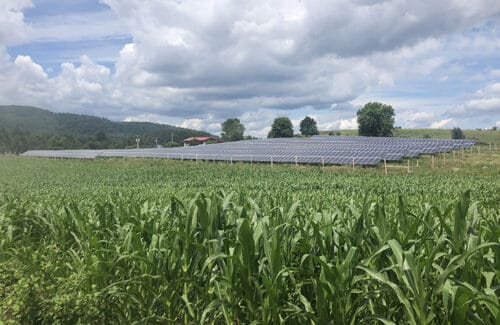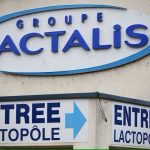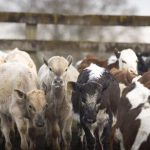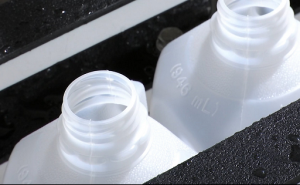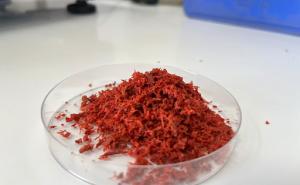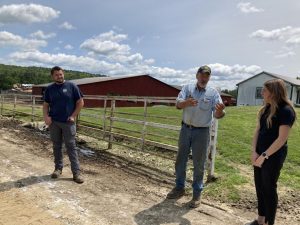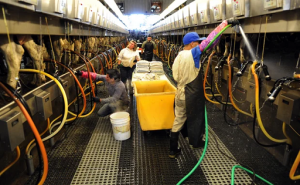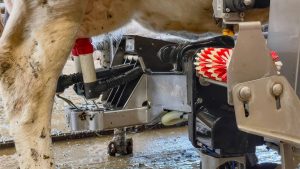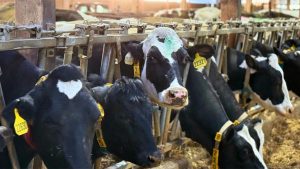
Vermont is the most rural-populated state in the nation, illustrated by its rolling green mountains dotted with rustic old barns and grazing cows. But small farmers in this pastoral state have struggled in recent years due to increasing costs and competition from bigger operations. From 2012 to 2022, the number of small Vermont dairy farms decreased by 44%, according to independent newspaper Seven Days.
The small dairy farms still in business are looking to cut costs and boost revenue in any way possible — including saving on electricity with solar power.
Since margins are already tight, many of these farms can’t afford to purchase solar outright. But Vermont-based Norwich Solar (No. 156 on the 2023 Top Solar Contractors List) found a way to make solar work for farms with no upfront costs.
Toward the end of 2019, Norwich had a growing pipeline of community solar projects in development. A lot of the larger schools and towns in the state had already subscribed to Norwich or other contractors’ projects, so the company was looking for new segments to target.
“We came up with the idea to start what we were calling the ‘Small Business Community Solar Alliance,’ so we were going to go out and target all kinds of small- to medium-sized businesses that really hadn’t been served well by community solar in the past,” said Kevin Davis, VP of sales at Norwich.
He was planning to hire a dedicated salesperson for the job in 2020, but then the pandemic hit and crushed any face-to-face sales plans. Instead, Norwich found broker Solar on Earth to help with customer acquisition. Solar on Earth had found success in subscribing farms to community solar projects in Upstate New York, so the group got to work on dairy farms in Vermont.
They found an eager customer base. To date, more than 50 farms have subscribed to Norwich community solar projects. Farmers sign on to 15- to 25-year contracts with Norwich that yield up to 10% savings on their utility bills from Green Mountain Power.
“Norwich Solar really wants to support local businesses, and that includes agriculture. Whatever we can do to help businesses and farmers save money, be more efficient and meet their financial goals, that’s part of our mission,” said Diana Wood, director of marketing and outreach at Norwich.
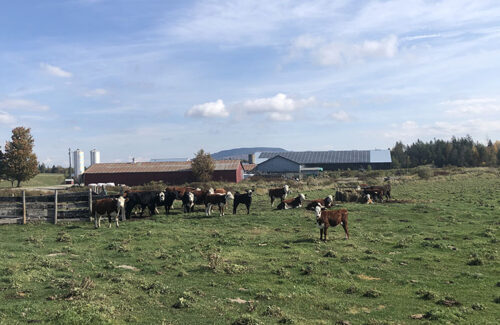 Over a dozen 500-kW projects providing power to these dairy farms are either operational or close to completion at this point. But community solar isn’t the only way for farms to save money with solar. Norwich has also leased land from dairy farms that isn’t suited for crops or grazing to build community solar farms.
Over a dozen 500-kW projects providing power to these dairy farms are either operational or close to completion at this point. But community solar isn’t the only way for farms to save money with solar. Norwich has also leased land from dairy farms that isn’t suited for crops or grazing to build community solar farms.
“There’s lots of different ways they can participate. We’re even now looking to lease rooftops on barns where they’ve got a big barn roof, but maybe they don’t have the financing to build their own project. So we’ll come in, and instead of leasing the land, we’ll lease the roof and build a solar project on the rooftop and do the same community solar model,” Davis said.
Norwich is planning to expand community solar for farms to other states after its success in Vermont, first trying the model in Maine and New Hampshire. And there are still plenty of Vermont dairy farms that may be interested in saving some money on electricity.
“Their costs are going up and their revenues are going down, so any way that they can save money on their expenses is great. Signing up for community solar, [with] no out-of-pocket costs, and they’re going to save 10% or so on their electric bills — that’s meaningful,” Davis said.
